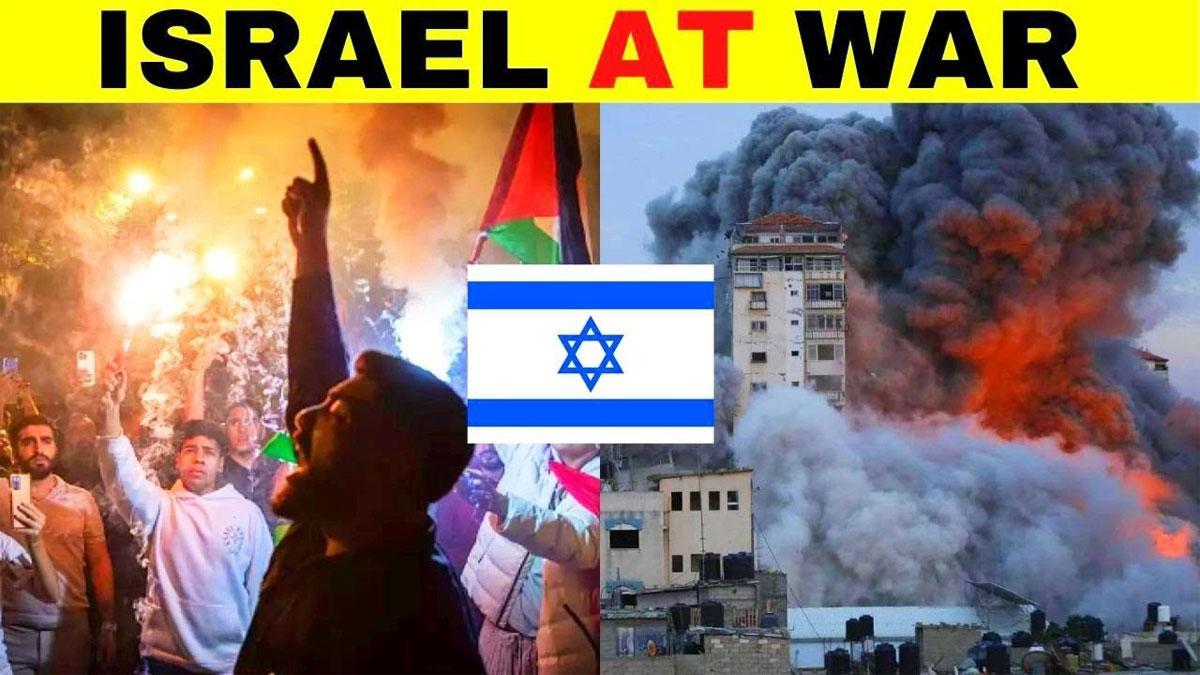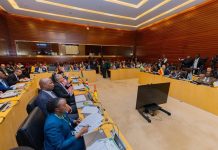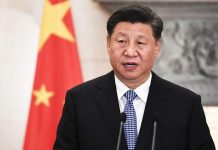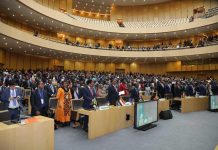Anil Madan
Africa-Press – Mauritius. The terrorist attack by Hamas on Israel sent shock waves through Israel. That was to be expected. The sheer horror and disbelief of initial reports that a thousand or more Israelis were killed and an unknown number of hostages including women and children had been transported to Gaza, was punctuated by the incredulity of a nation aghast at what seems a colossal security and intelligence failure.
Added to this was the mass feeling of insecurity at the slowness of the government’s response and the seeming vulnerability and ineffectiveness of the Israel Defence Forces (IDF). Those latter perceptions would change, but not all else. Reaction around the world writ large also reflected a shock wave.
To be sure, there was the obligatory cheering from Iran’s slimy Ayatollah Khamenei who sent a message about kissing the hands of the terrorists who had wrought this evil, and from Putin who attributed the attack to a failure of America’s policy in the Middle East.
And there were scenes of rejoicing in Arab and other nations. A day before Hamas attacked, a newly shaped Middle East appeared to be in formation. Iran’s hostility toward Israel was being marginalized as the United Arab Emirates (UAE) and other Gulf nations embraced a new reality and Saudi Arabia too began a dialogue with Israel about establishing diplomatic relations.
To be sure, Saudi Crown Prince Mohammed bin Salman (MBS) also sought to defuse tensions between his country and Iran, and indeed to bring some quiescence to the ongoing fighting in Yemen.
One would have thought that the attack by Hamas might have brought forth a rallying cry from the UAE and Gulf nations, Egypt, and Saudi Arabia, especially after the initial and forceful bombing response by Israel. But that did not happen.
Saudi Arabia suspended talks with Israel, but a Saudi source is reported to have said that talks could not continue for now and that Saudi Arabia would need to prioritize concessions for the Palestinian people when discussion resumed.
The key here is that talks were not completely abandoned. Considering this, an initial Saudi Foreign Ministry statement appearing to blame Israel and referring to past warnings about the treatment of Palestinian civilians, must be viewed as obligatory public relations fodder.
The UAE, on the other hand, issued a statement calling the attack by Hamas “serious and grave escalation. ” Its foreign ministry allowed as how it was “appalled” that Israeli civilians were taken as hostages.
Perhaps displaying some prescience about what was to be, it also said: “Civilians on both sides must always have full protection under international humanitarian law and must never be a target of conflict.
” Egypt has kept its Rafah border crossing essentially closed with a trickle of trucks allowed and has not laid out the welcome mat for a mass of Gazans.
For More News And Analysis About Mauritius Follow Africa-Press







